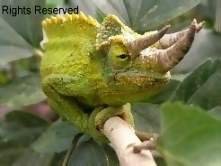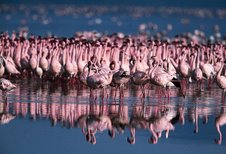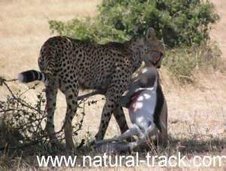The Black Rhino is listed in Appendix 1 of the Convention on International Trade in Endangered Species and Wild Fauna and Flora (CITES) and is also listed as Critically Endangered in the IUCN Red List of Threatened Species. In 1987, Lake Nakuru was set up as the first Black Rhino sanctuary in Kenya.
The park has been used as a successful breeding habitat and the surplus species reintroduced in the former natural ranges and to stock other sanctuaries. It is recommended that the population is maintained at optimum level where density shall not limit reproduction due to sparse distribution nor, shall it inhibit breeding due to congestion or food shortage.
Lake Nakuru Black Rhino ear notching exercise / fitting of transmitters and translocation to Intensive Protection Zone (IPZ) was successfully undertaken from 12th-19th October 2010. A total of 10 male black rhinos were translocated to IPZ Park and 1 of the rhinos named Nganga was very hostile such that upon release in its new home it knocked the bumper of a KWS vehicle nearby causing a serious damage to the vehicle.
The exercise was also in line with realizing the objective of the Black Rhino Management Strategy (2007-2010) of having at least 60% of all the Black Rhino’s ear notched to enable positive identification. After this exercise 72% of the Black Rhinos in Lake Nakuru national park are now ear notched and this is expected to improve individual identification and sightings. There is need to further conduct another ear notching exercise within the next 2 years to enhance monitoring.
The activity was sponsored by World Wildlife Fund (WWF) and participants were drawn from KWS Airwing, Vet/Capture Units, Rhino Programme, Species Conservation and Management, Central Rift Conservation Area; Assistant Director, Lake Nakuru National Park Management, WWF and Maasai Mara National Reserve Staff also participated in the exercise.
According to Ben Okita Head of National Rhino Program, the expensive exercise was a big success to the general conservation of black rhinos which are endemic in Kenya.
PKP-Kenya Safari desk
Natural Track Safaris









No comments:
Post a Comment